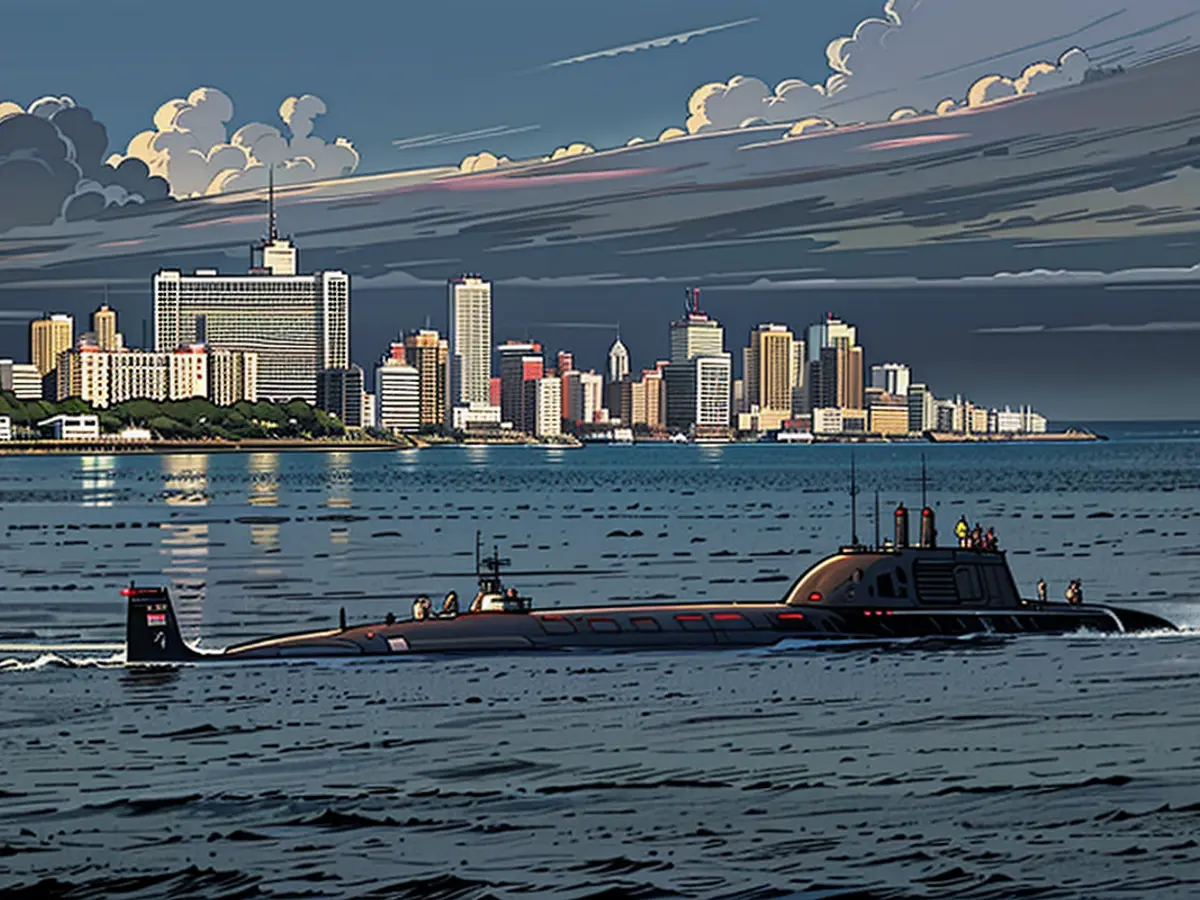Russia intends to repurpose nuclear-driven submarines for the export of liquefied natural gas.
Russia is thinking about repurposing nuclear-powered submarines for the export of liquefied natural gas (LNG) from the Arctic to Asia. This would cut the journey time through the Northern Sea Route by around half, as per Mikhail Kovaltchuk, who's close to President Vladimir Putin and heads the Kurchatov Institute, Russia's principal nuclear research center.
Kovaltchuk introduced the submarine plan at a industry gathering in St. Petersburg a week prior, as detailed on the meeting's official site on a Wednesday.
Russia currently uses nuclear-powered icebreakers to pave the way for such traversals along the Northern Sea Route, which extends from Murmansk in the west to the Bering Strait in the east along Russia's Arctic shore. Moscow views this route as a quicker option than the Suez Canal. Nevertheless, Russia at present doesn't have vessels capable of tackling the Arctic's heavy ice.
"The intention is to develop an entirely new class of vessels that can substitute for 'conventional' gas carriers, which cannot operate continuously in the Arctic during winter without an icebreaker escort," the conference's site specifies. As per reports, Kovaltchuk mentioned: "The idea of constructing underwater LNG carriers with nuclear power has been under discussion since the early 2000s. Now, we (the Kurchatov Institute) and Gazprom are drafting such a ship, and this work is in progress."
As per RBC news agency, the aim is to lessen the journey time for the route from 20 to 12 days. The submarines are predicted to have the capacity to carry approximately 180,000 tons of LNG. The Arctic LNG 2 plant commenced LNG production at sea in December the previous year, but even after the first shipments in early August, it hasn't yet reached the end-users.
The European Union might express concerns over Russia's potential use of nuclear-powered submarines for LNG export, considering the strategic implications and potential disruption of current gas supply routes. The European Union has been a significant buyer of Russian LNG, and any change in delivery methods could influence energy market dynamics.
If the conversion of nuclear-powered submarines for LNG export becomes a reality, the European Union might need to reevaluate its energy security strategy, particularly in relation to its reliance on Russian resources.








